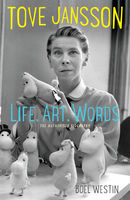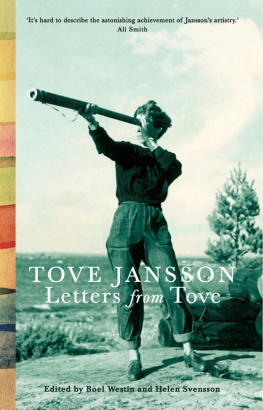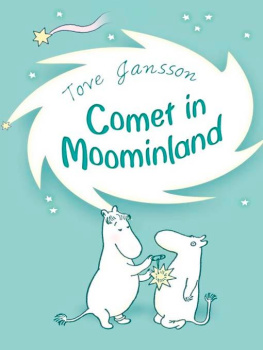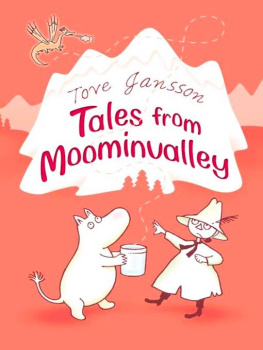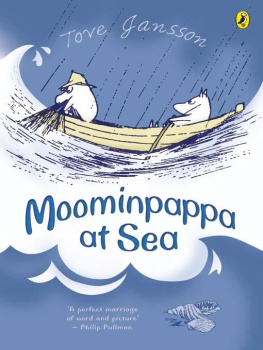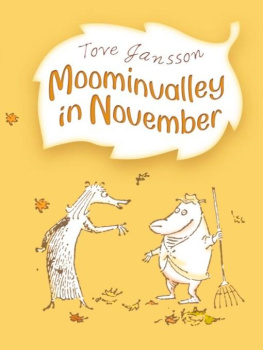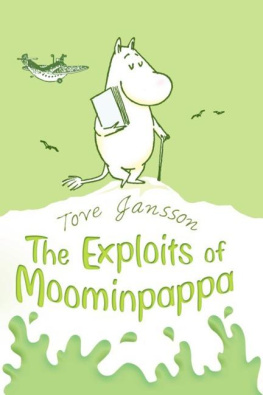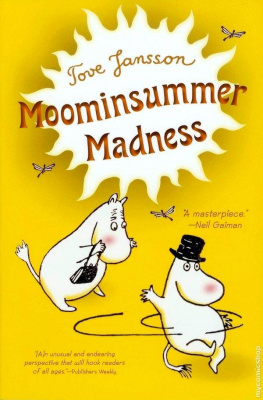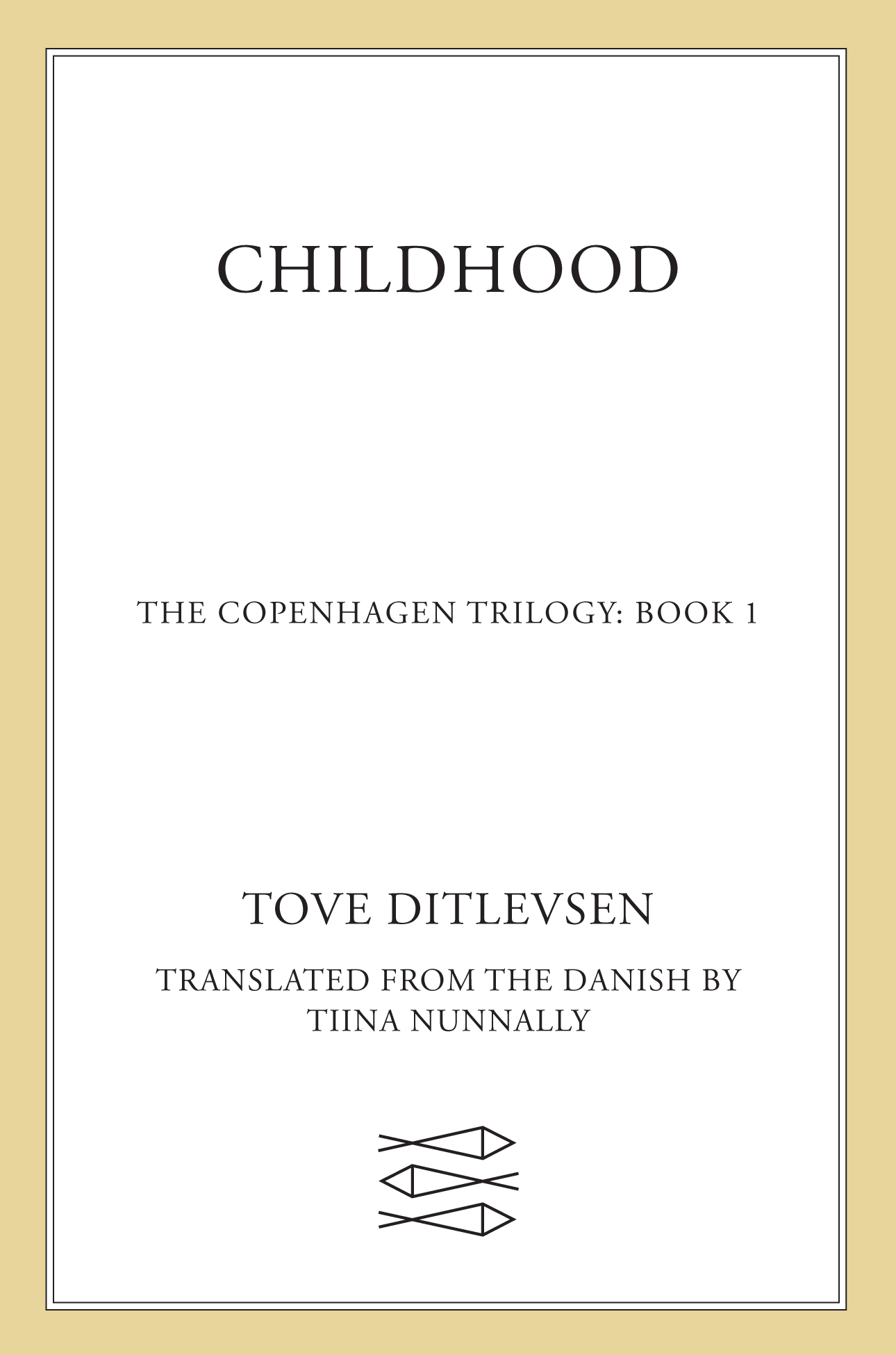The author and publisher have provided this e-book to you for your personal use only. You may not make this e-book publicly available in any way. Copyright infringement is against the law. If you believe the copy of this e-book you are reading infringes on the authors copyright, please notify the publisher at: us.macmillanusa.com/piracy.
In the morning there was hope. It sat like a fleeting gleam of light in my mothers smooth black hair that I never dared touch; it lay on my tongue with the sugar and the lukewarm oatmeal I was slowly eating while I looked at my mothers slender, folded hands that lay motionless on the newspaper, on top of the reports of Spanish flu and the Treaty of Versailles. My father had left for work and my brother was in school. So my mother was alone, even though I was there, and if I was absolutely still and didnt say a word, the remote calm in her inscrutable heart would last until the morning had grown old and she had to go out to do the shopping in Istedgade like ordinary housewives.
The sun broke over the gypsy wagon, as if it came from inside it, and Scabie Hans came out with bare chest and a wash basin in his hands. When he had poured the water over himself, he put out his hand for a towel and Pretty Lili gave it to him. They didnt say a word to each other; they were like pictures in a book when you quickly turn the pages. Like my mother, they would change in a few hours. Scabie Hans was a Salvation Army soldier and Pretty Lili was his sweetheart. In the summer, they packed a bunch of little children into the green wagon and drove into the country with them. Parents paid one krone a day for this. I had gone myself when I was three years old and my brother was seven. Now I was five and the only thing I could remember from the trip was that Pretty Lili once set me out of the wagon, down in the warm sand in what I thought was a desert. Then the green wagon drove away from me and got smaller and smaller and inside of it sat my brother and I was never going to see him or my mother again. When the children came back home, they all had scabies. Thats how Scabie Hans got his name. But Pretty Lili was not pretty. My mother was, though, on those strange and happy mornings when I would leave her completely in peace. Beautiful, untouchable, lonely, and full of secret thoughts I would never know. Behind her on the flowered wallpaper, the tatters pasted together by my father with brown tape, hung a picture of a woman staring out the window. On the floor behind her was a cradle with a little child. Below the picture it said, Woman awaiting her husband home from the sea. Sometimes my mother would suddenly catch sight of me and follow my glance up to the picture I found so tender and sad. But my mother burst out laughing and it sounded like dozens of paper bags filled with air exploding all at once. My heart pounded with anguish and sorrow because the silence in the world was now broken, but I laughed with her because my mother expected me to, and because I was seized by the same cruel mirth as she was. She shoved the chair aside, got up and stood in front of the picture in her wrinkled nightgown, her hands on her hips. Then, with a clear and defiant little-girl voice that didnt belong to her in the same way as her voice did later in the day when shed start haggling about prices with the shopkeepers, she sang:
Cant I sing
Whatever I wish for my Tulle?
Visselulle, visselulle, visselulle.
Go away from the window, my friend,
Come back another time.
Frost and cold have brought
The old beggar home again.
I didnt like the song, but I had to laugh loudly because my mother sang it to amuse me. It was my own fault, though, because if I hadnt looked at the picture, she wouldnt have noticed me. Then she would have stayed sitting there with calmly folded hands and harsh, beautiful eyes fixed on the no-mans-land between us. And my heart could have still whispered Mother for a long time and known that in a mysterious way she heard it. I would have left her alone for a long time so that without words she would have said my name and known we were connected to each other. Then something like love would have filled the whole world, and Scabie Hans and Pretty Lili would have felt it and continued to be colored pictures in a book. As it was, right after the end of the song, they began to fight and yell and pull each other by the hair. And right away, angry voices from the stairwell began to push into the living room, and I promised myself that tomorrow I would pretend the wretched picture on the wall wasnt even there.
When hope had been crushed like that, my mother would get dressed with violent and irritated movements, as if every piece of clothing were an insult to her. I had to get dressed too, and the world was cold and dangerous and ominous because my mothers dark anger always ended in her slapping my face or pushing me against the stove. She was foreign and strange, and I thought that I had been exchanged at birth and she wasnt my mother at all. When she was dressed, she stood in front of the mirror in the bedroom, spit on a piece of pink tissue paper, and rubbed it hard across her cheeks. I carried the cups out to the kitchen, and inside of me long, mysterious words began to crawl across my soul like a protective membrane. A song, a poem, something soothing and rhythmic and immensely pensive, but never distressing or sad, as I knew the rest of my day would be distressing and sad. When these light waves of words streamed through me, I knew that my mother couldnt do anything else to me because she had stopped being important to me. My mother knew it, too, and her eyes would fill with cold hostility. She never hit me when my soul was moved in this way, but she didnt talk to me, either. From then on, until the following morning, it was only our bodies that were close to each other. And, in spite of the cramped space, they avoided even the slightest contact with each other. The sailors wife on the wall still watched longingly for her husband, but my mother and I didnt need men or boys in our world. Our peculiar and infinitely fragile happiness thrived only when we were alone together; and when I stopped being a little child, it never really came back except in rare, occasional glimpses that have become even more dear to me now that my mother is dead and there is no one to tell her story as it really was.
Down in the bottom of my childhood my father stands laughing. Hes big and black and old like the stove, but there is nothing about him that Im afraid of. Everything that I know about him Im allowed to know, and if I want to know anything else, I just have to ask. He doesnt talk to me on his own because he doesnt know what he should say to little girls. Once in a while he pats me on the head and says, Heh, heh. Then my mother pinches her lips together and he quickly takes his hand away. My father has certain privileges because hes a man and provides for all of us. My mother has to accept that but she doesnt do it without protest. You could sit up like the rest of us, you know, she says when he lies down on the sofa. And when he reads a book, she says, People turn strange from reading. Everything written in books is a lie. On Sundays, my father drinks a beer and my mother says, That costs twenty-six re. If you keep at it like this, well end up in Sundholm. Even though I know Sundholm is a place where you sleep on straw and get salt herring three times a day, the name goes into the verse I make up when Im scared or alone, because its beautiful like the picture in one of my fathers books that Im so fond of. Its called Worker family on a picnic, and it shows a father and mother and their two children. Theyre sitting on some green grass and all of them are laughing while they eat from the picnic basket lying between them. All four of them are looking up at a flag stuck into the grass near the fathers head. The flag is solid red. I always look at the picture upside down since I only get a chance to see it when my father is reading the book. Then my mother turns on the light and draws the yellow curtains even though its not dark yet. My father was a scoundrel and a drunkard, she says, but at least he wasnt a socialist. My father keeps on reading calmly because hes slightly deaf, and thats no secret, either. My brother Edvin sits and pounds nails into a board and afterwards pulls them out with pliers. Hes going to be a skilled worker. Thats something very special. Skilled workers have real tablecloths on the table instead of newspaper and they eat with a knife and fork. Theyre never unemployed and theyre not socialists. Edvin is handsome and Im ugly. Edvin is smart and Im stupid. Those are eternal truths like the printed white letters on the bakers roof down the street. It says,



